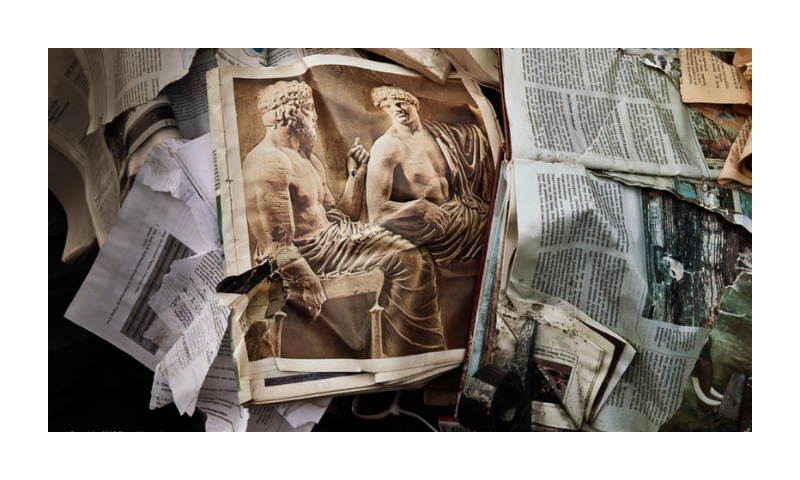In 2019, Donald Trump’s Justice Department appointed John Durham to investigate the FBI’s inquiry into the Trump campaign’s relationship with Russia in advance of the 2016 presidential election. Durham, later promoted to special counsel by Attorney General Bill Barr to protect his investigation under President Biden, was granted access to likely hundreds of thousands of documents pertaining to Trump’s communication with Russian operatives, the federal government’s interactions with Russia, and the FBI’s investigation thereof. Like the Mueller investigation before it, Durham’s report was years in the making, involving hundreds of interviews, and culminated largely in disappointment—the special counsel indicted only three FBI agents, two of whom were acquitted. Unlike Mueller’s investigation, however, the Durham report was not a major news story. It was not anxiously anticipated in Congress or on social media. The Washington Post did not rush a copy of it onto the shelves of Barnes & Noble.
While Durham’s investigation of the FBI’s misconduct was ongoing, another long-brewing attempt at post-2016 accountability was also underway. Jeff Gerth, a Pulitzer Prize-winning former New York Times reporter, was crafting a postmortem on the media’s misconduct in its coverage of the so-called Russiagate story, which began with a statement of suspicion by Senator Diane Feinstein and Congressman Adam Schiff in September 2016 and accelerated fatefully with the publication of the infamous Steele Dossier. Gerth’s findings were published in the Columbia Journalism Review—a respected journalism watchdog—on January 30 of this year, and headlined “The Press Versus the President.” The report is 24,000 words long and composed of four distinct parts. In his Editor’s Note, Kyle Pope calls it “an encyclopedic look at one of the most consequential moments in American media history.”
Gerth began his career investigating Watergate; later collaborations with legendary reporter Seymour Hersh led to his hiring by the Times in 1976 where, among other investigations, he reported on early episodes in the Clinton-Lewinsky scandal and the U.S government-approved sale of sensitive technology to China. This latter work earned the Times its 1999 Pulitzer for National Reporting, with Gerth recognized as the primary contributor. He left the Times in 2005 and two years later published “Her Way: The Hopes and Ambitions of Hillary Rodham Clinton,” an investigative biography. …Source


